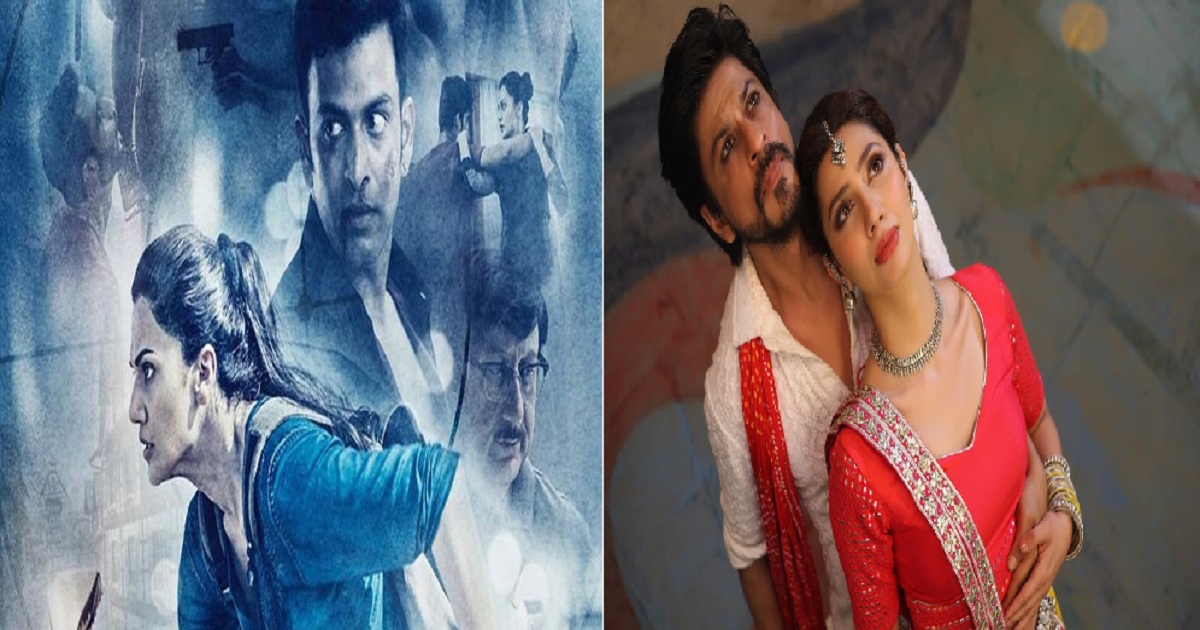
Bollywood movies that were not allowed to release in Pakistan
The tension between India-Pakistan has led to strict censorship. Pakistan started banning films since 1962, with restrictions tightened in 1979 when Muhammad Zia ul-Haq implemented an Islamization agenda and an even stricter censorship code. A ban on Indian films and media (which was not always strictly enforced) was lifted in 2008, with the compromise that cinemas in Pakistan must equally share screening time between Indian and Pakistani films.
As India and Pakistan have issues in politics, diplomacy, international issues as well. Sometimes it does happen that India and Pakistan do not agree on the same thing.
Here are 10 films which were banned in Pakistan :
Dangal

The super-hit film starring Aamir Khan and the three girls Fatima Sana Shaikh, Sanya Malhotra and Zaira Wasim was banned in Pakistan. The reason behind this was actor and producer Aamir Khan refused Pakistan Censor Board’s demand to remove scenes with the Indian National Flag and Indian National Anthem
Raees

Shah Rukh Khan’s film was banned due to its objectionable content, as the content undermines Islam, and a specific religious sect, (It also) portrays Muslims as criminals, wanted persons and terrorists. ‘Raees’ was said to be based on criminal Abdul Latif’s life.
Ae Dil Hai Mushkil
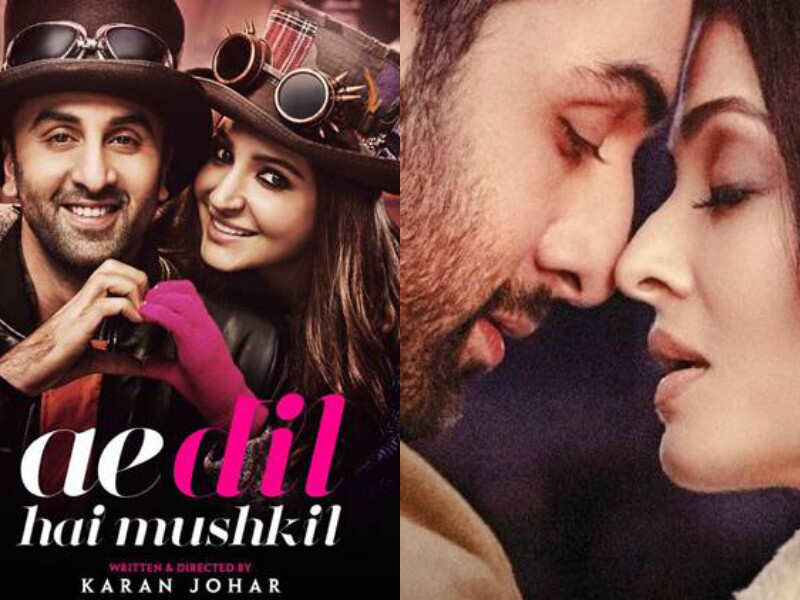
This film was banned because of India-Pakistan border conflict.
Baby
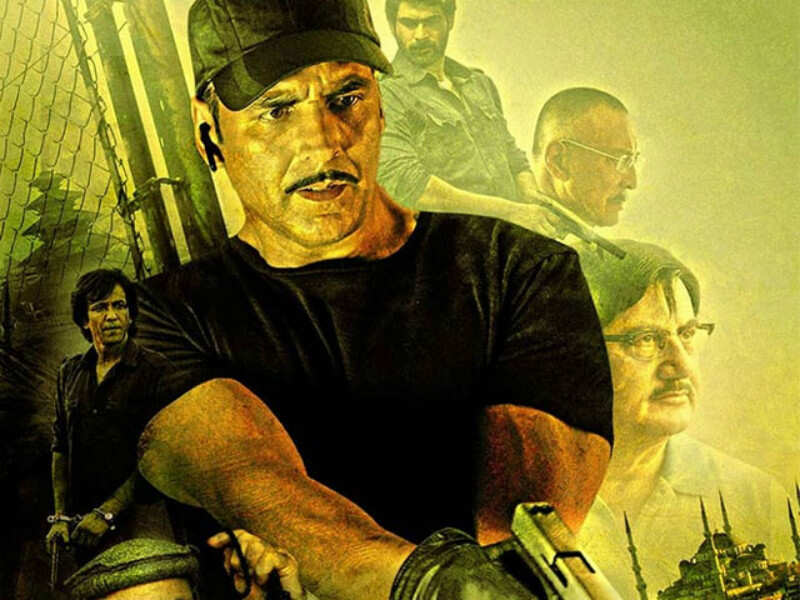
This film starring Akshay Kumar and based on terrorism in India was banned in Pakistan. ‘Baby’ was banned in Pakistan by the censor boards in Islamabad and Karachi, stating that it portrays a negative image of Muslims and the negative characters in the film also have Muslim names.
Jolly LLB 2
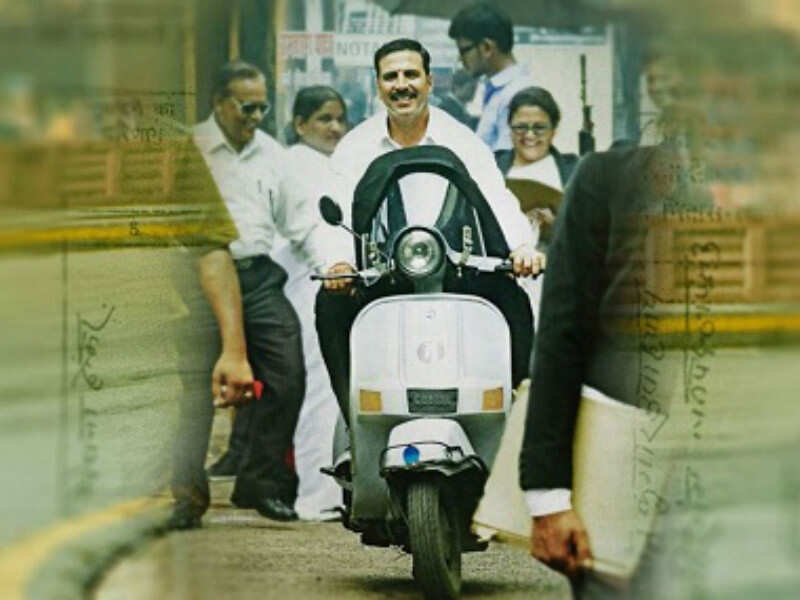
This film was banned because the film has references to Kashmir issue.
Dishoom
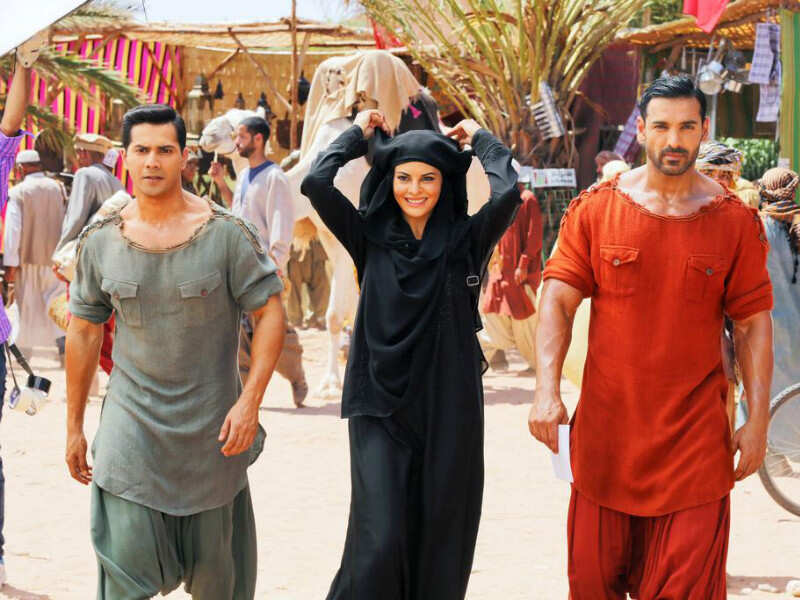
This film was banned because the movie talks about an Indian cricketer getting kidnapped before India and Pakistan match and that cause the country to think it is against Pakistan. During a cricket tournament in the Middle East, 48 hours prior to the final match between India and Pakistan, India’s top cricketer Viraj Sharma (Saqib Saleem) goes missing. Indian authorities get a videotape of an unknown man claiming to have abducted Viraj till India vs Pakistan cricket match two days later and warning them not to cancel the match.
Naam Shabana
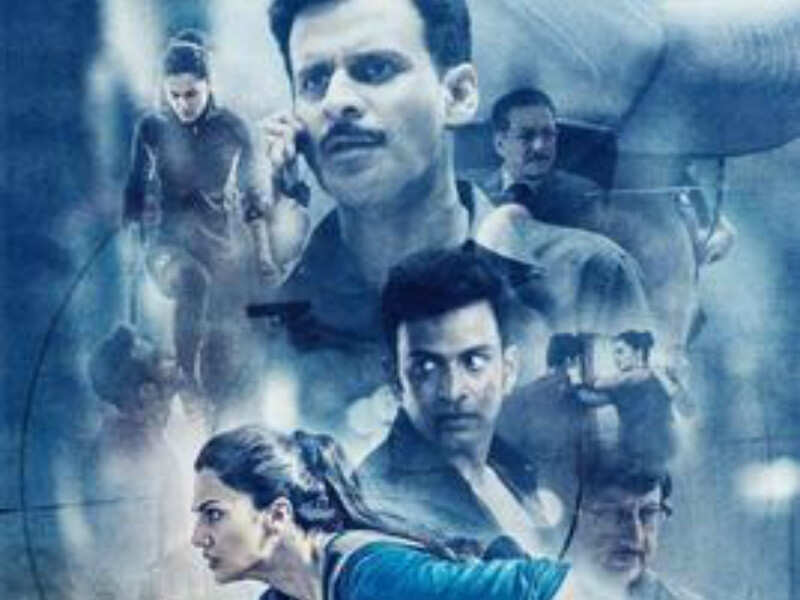
This film was banned because it portrays Pakistan in bad taste. The film begins with two Indian agents working under Ranvir Singh (Manoj Bajpai) chasing an international arms dealer Mikhail (Prithviraj Sukumaran), who has been on the radar of several intelligence agencies, but instead he kills them both and escapes.
Shivaay
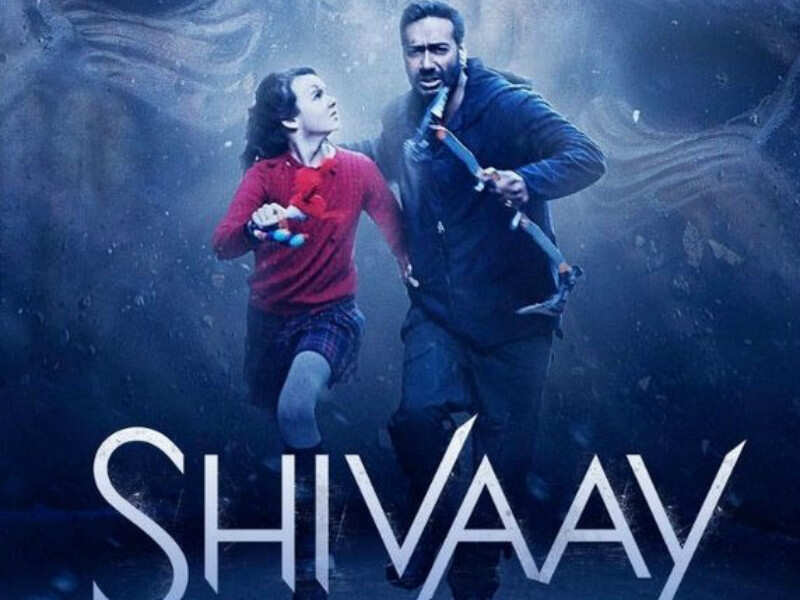
This film was banned because of India-Pakistan border conflict. Shivaay (Ajay Devgn) is a skilled mountaineer who makes a living by providing treks and climbing expeditions to tourists.
Neerja

The Sonam Kapoor starrer film was banned by Pakistan for allegedly showing the country in bad light, a fact denied by Sonam Kapoor, who portrays slain flight attendant Neerja Bhanot in the film. The film features Sonam Kapoor as the title character, with Shabana Azmi, Yogendra Tiku and Shekhar Ravjiani in supporting roles. The plot centers on the Libyan-backed Abu Nidal Organization’s hijacking of Pan Am Flight 73 in Karachi, Pakistan, on 5 September 1986.
Udta Punjab
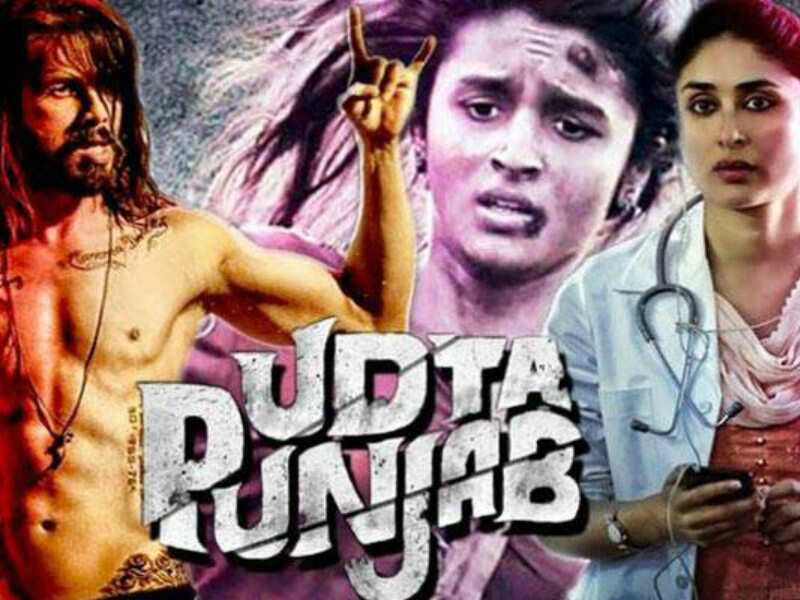
Shahid Kapoor and Kareena Kapoor Khan film were banned due to use of abusive language. The Central Board of Film Certification sought a stay on the film’s release citing that the themes dealt with in the film were too vulgar for the general audience. As a result, the producers were directed to make a total of 89 cuts in the film. However, on 13 June 2016, the Bombay High Court struck down the stay and gave permission for the film’s national release, albeit with a single cut in the screenplay. The film was released worldwide on 17 June 2016.

Post Your Comments